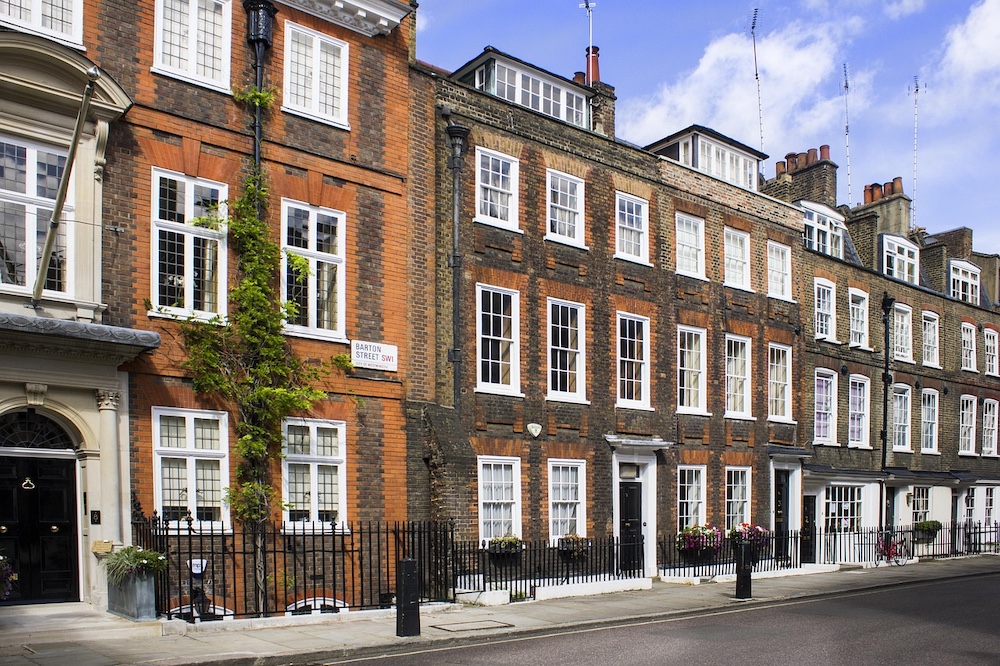The mansion tax is a proposed annual charge on high-value homes. Under the UK government’s plan, properties worth more than £2 million would face a new yearly surcharge starting in April 2028. Although it is called a mansion tax, many ordinary homes in expensive areas could be affected, especially in London and the South East.

The main goal is to raise extra money without increasing income tax or VAT. The government also wants property taxes to better reflect modern home values, since some very expensive homes currently pay relatively low council tax.
Homeowners with properties valued above £2 million would need to pay the surcharge. This includes long-term owners whose property values have risen, retired people with valuable homes but limited income, and owners of high-value flats in cities.
The government’s 2025 plan places eligible homes into four value bands.
The high-end housing market could slow down as buyers consider the extra yearly cost. Some homeowners may choose to sell or avoid making improvements that could increase the value of their home. Others may feel pressured to move if they cannot afford the surcharge.
Some people argue the tax may affect homeowners who are not wealthy in income, only in property value. There are also concerns that it could be unfair to those living in regions with naturally higher prices. Critics say it may not solve wider issues such as housing shortages or inequality.
The mansion tax aims to make property taxation fairer and raise money from those with the most valuable homes. But it may also create challenges for long-term residents and influence the housing market. More details will become clear as the policy moves closer to implementation.
Please leave your message here, and a member of our team will get back to you within 24 hours. Alternatively, you can reach us at info@chbl.uk or call us at +44 (0) 207 903 6881.